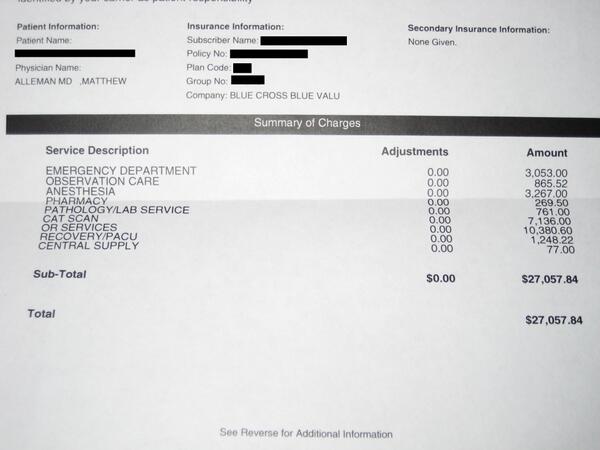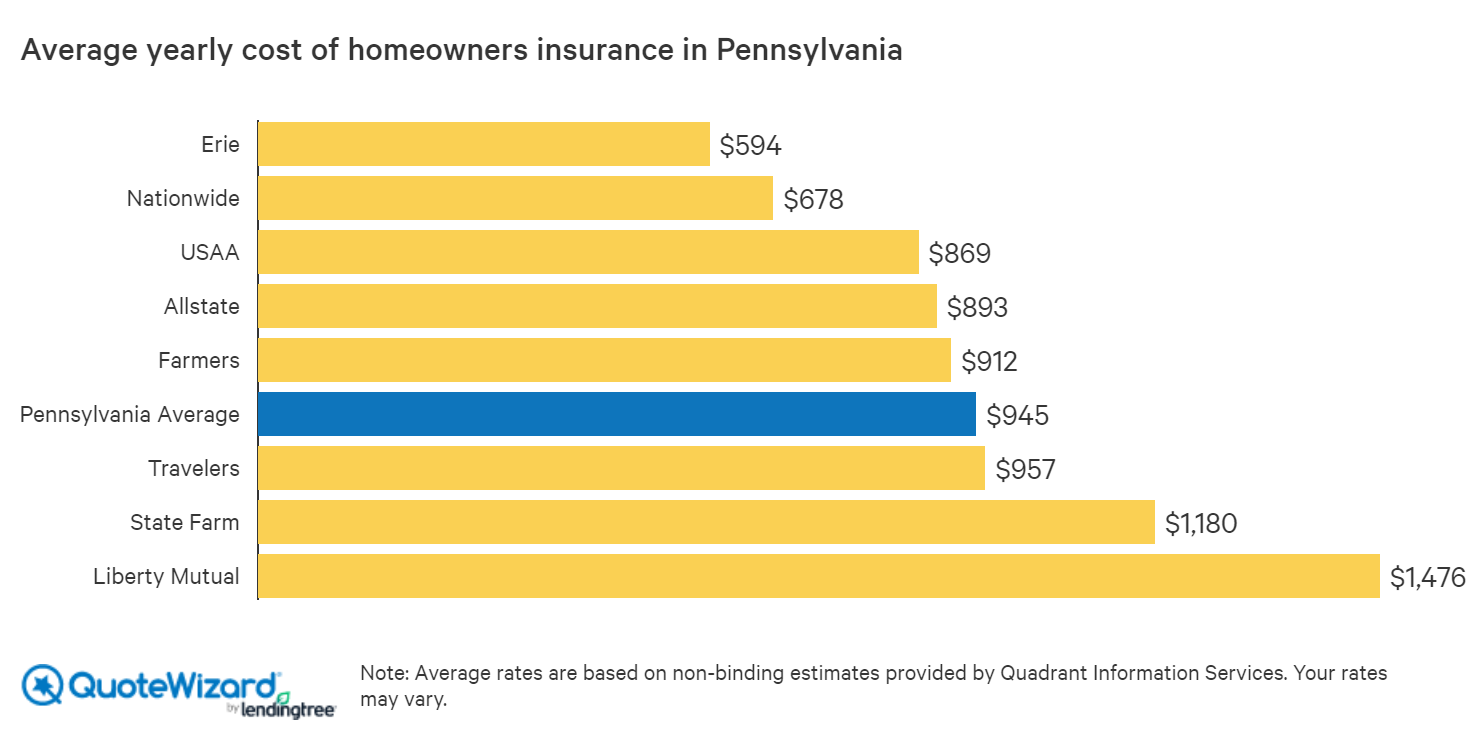A life insurance coverage policy is an agreement with an insurance company. In exchange for premium payments, the insurance coverage company offers a lump-sum payment, known as a death advantage, to beneficiaries upon the insured's death. Usually, life insurance is selected based on the needs and goals of the owner. Term life insurance coverage normally supplies defense for a set amount of time, while permanent insurance, such as entire and universal life, provides life time coverage.
1 There are numerous varieties of life insurance coverage. Some of the more common types are gone over below. Term life insurance coverage is created to supply financial defense for a particular period of time, such as 10 or 20 years. With standard term insurance coverage, the exceptional payment quantity stays the same for the protection period you pick.
Term life insurance is normally less costly than permanent life insurance. Term life insurance proceeds can be utilized to replace lost possible earnings during working years. This can supply a safeguard for your recipients and can likewise assist ensure the household's financial objectives will still be metgoals like settling a home loan, keeping a business running, and paying for college.
Universal life insurance is a type of permanent life insurance coverage created to provide lifetime coverage. Unlike entire life insurance coverage, universal life insurance policies are versatile and might enable you to raise or lower your premium payment or coverage amounts throughout your life time. Furthermore, due to its life time coverage, universal life usually has greater premium payments than term.
Not known Details About What Is The Cash Value Of A Life Insurance Policy
Another typical usage is long term earnings replacement, where the need extends beyond working years. Some universal life insurance coverage item develops focus on offering both death benefit coverage and building money worth while others concentrate on offering ensured death benefit coverage. Entire life insurance is a type of long-term life insurance developed to provide life time coverage.
Policy premium payments are usually fixed, and, unlike term, entire life has a cash value, which operates as a cost savings part and might accumulate tax-deferred gradually. Entire life can be utilized as an estate preparation tool to help protect the wealth you plan to move to your recipients. Earnings replacement during working years Wealth transfer, earnings security and some styles focus on tax-deferred wealth build-up Wealth transfer, preservation and, tax-deferred wealth accumulation Developed for a particular duration (normally a variety of years) Flexible; usually, for a lifetime For a life time Usually less costly than long-term Usually more costly than term Usually more pricey than term Usually repaired Flexible Usually fixed Yes, generally earnings tax-free Yes, usually income tax-free Yes, usually income tax-free No No2 No No Yes Yes Yes, Fidelity Term Life Insurance Coverage3 Yes, Universal Life Insurance coverage, primarily concentrated on death advantage protection No, standard Whole Life Insurance is not currently offered Insurance companies utilize rate classes, or risk-related classifications, to identify your premium payments; these categories don't, nevertheless, impact the length or amount of coverage.
Tobacco use, for example, would increase danger and, for that get more info reason cause your premium payment to be higher than that of someone who does not use tobacco.
Life insurance is an agreement between an insurer and an insurance policy holder in which the insurance company assurances payment of a survivor benefit to named recipients when the insured passes away. The insurance provider promises a survivor benefit in exchange for premiums paid by the policyholder. Life insurance is a lawfully binding contract.
The Greatest Guide To How Whole Life Insurance Works
For a life insurance coverage policy to remain in force, the insurance policy holder needs to pay a single premium up front or pay routine premiums with time. When the insured dies, the policy's named beneficiaries will get the policy's stated value, or survivor benefit. Term life insurance policies end after a certain number of years.
A life insurance policy is just as great as the financial strength of the business that releases it. State warranty funds might pay claims if the provider can't. Life insurance offers financial backing to surviving dependents or other beneficiaries after the death of an insured (what is whole life insurance). Here are some examples of individuals who may need life insurance: If a parent dies, the loss of his or her earnings or caregiving skills might create a monetary hardship.

For children who need long-lasting care and will never ever be self-dependent, life insurance can ensure their needs will be fulfilled after their parents pass away. The survivor benefit can be used to fund a unique needs trust that a fiduciary will handle for the adult child's benefit. what is the difference between whole life and term life insurance. Married or not, if the death of one grownup would indicate that the other might no longer pay for loan payments, maintenance, and taxes on the property, life insurance coverage might be a great idea.
Numerous adult kids sacrifice by taking time off work to take care of an elderly parent who needs aid. This aid might also include direct monetary assistance. Life insurance coverage can help compensate the adult child's expenses when the moms and dad dies. Young grownups without dependents hardly ever require life insurance, but if a parent will be on the hook for a kid's debt after his/her death, the child might wish to carry adequate life insurance to settle that debt.
5 Easy Facts About How Much Life Insurance Should I Get Described
A 20-something adult might buy a policy even without having dependents if there is an expectation to have them in the future. Life insurance can offer funds to cover the taxes and keep the amount of the estate undamaged.' A small life insurance policy can offer funds to honor an enjoyed one's passing.
Instead of selecting in between a pension payment that uses a spousal advantage and one that does not, pensioners can pick to accept their full pension and utilize some of the money to purchase life insurance coverage to benefit their spouse. This technique is called pension maximization. A life insurance coverage policy can has two main parts - a survivor benefit and a premium.
The death advantage or stated value is the quantity of money the insurance provider ensures to the recipients identified in the policy when the insured passes away - how much do life insurance agents make. The insured may be a parent, and the beneficiaries may be their kids, for example. The guaranteed will select the wanted death advantage quantity based upon the recipients' projected future needs.

Premiums are the cash the policyholder pays for insurance coverage. The insurance company must pay the death benefit when the insured passes away if the policyholder pays the premiums as needed, and premiums are figured out in part by how most likely it is that the insurance company will need to pay the policy's survivor benefit based upon the insured's life span.
What Is A Universal Life Insurance Policy Fundamentals Explained
Part of the premium also goes towards the insurance coverage business's operating expenses. Premiums are greater on policies with bigger death benefits, people who are greater risk, and permanent policies that collect money worth. The money value of irreversible life insurance coverage serves two purposes. It is a savings account that the insurance policy holder can use during the life of the insured; the money collects http://rylanbaeg033.theburnward.com/what-is-term-life-insurance-can-be-fun-for-anyone on a tax-deferred basis.
For example, the Home page insurance policy holder may take out a loan against the policy's money worth and need to pay interest on the loan principal. The insurance policy holder can likewise utilize the money value to pay premiums or purchase additional insurance. The cash value is a living advantage that remains with the insurance provider when the insured dies.